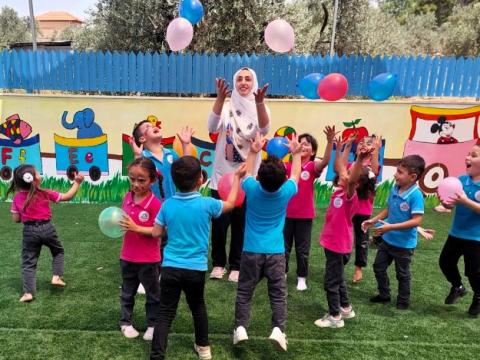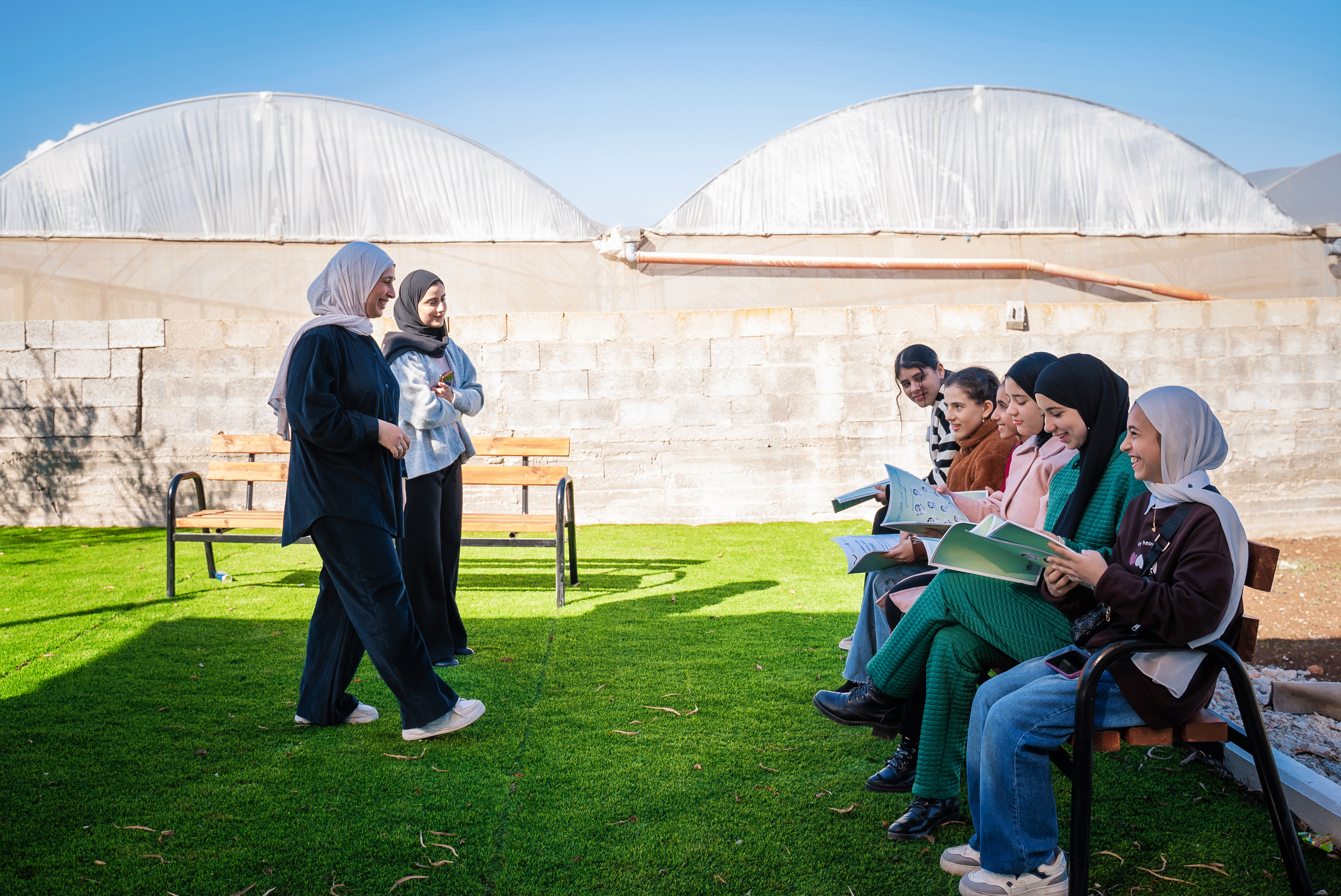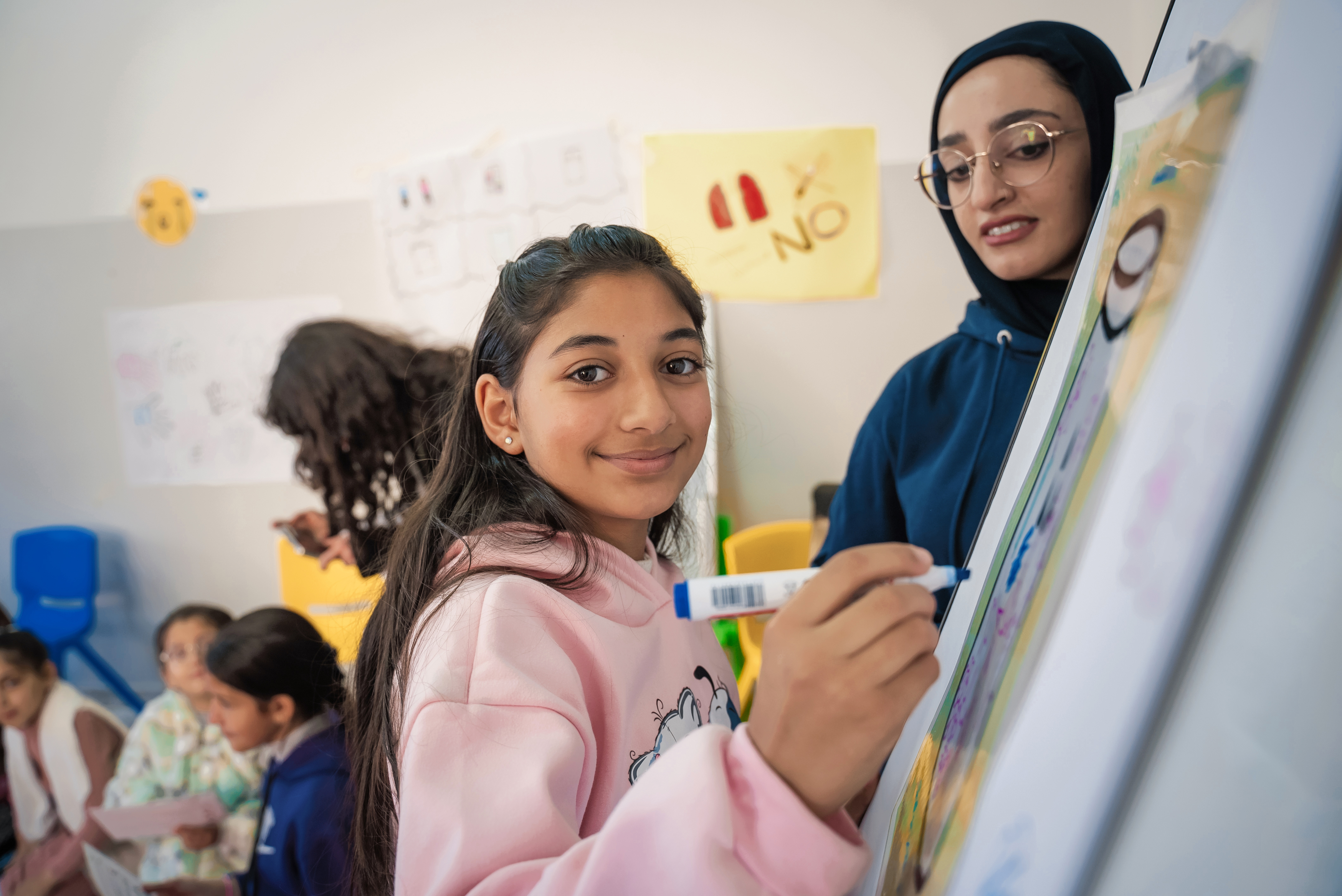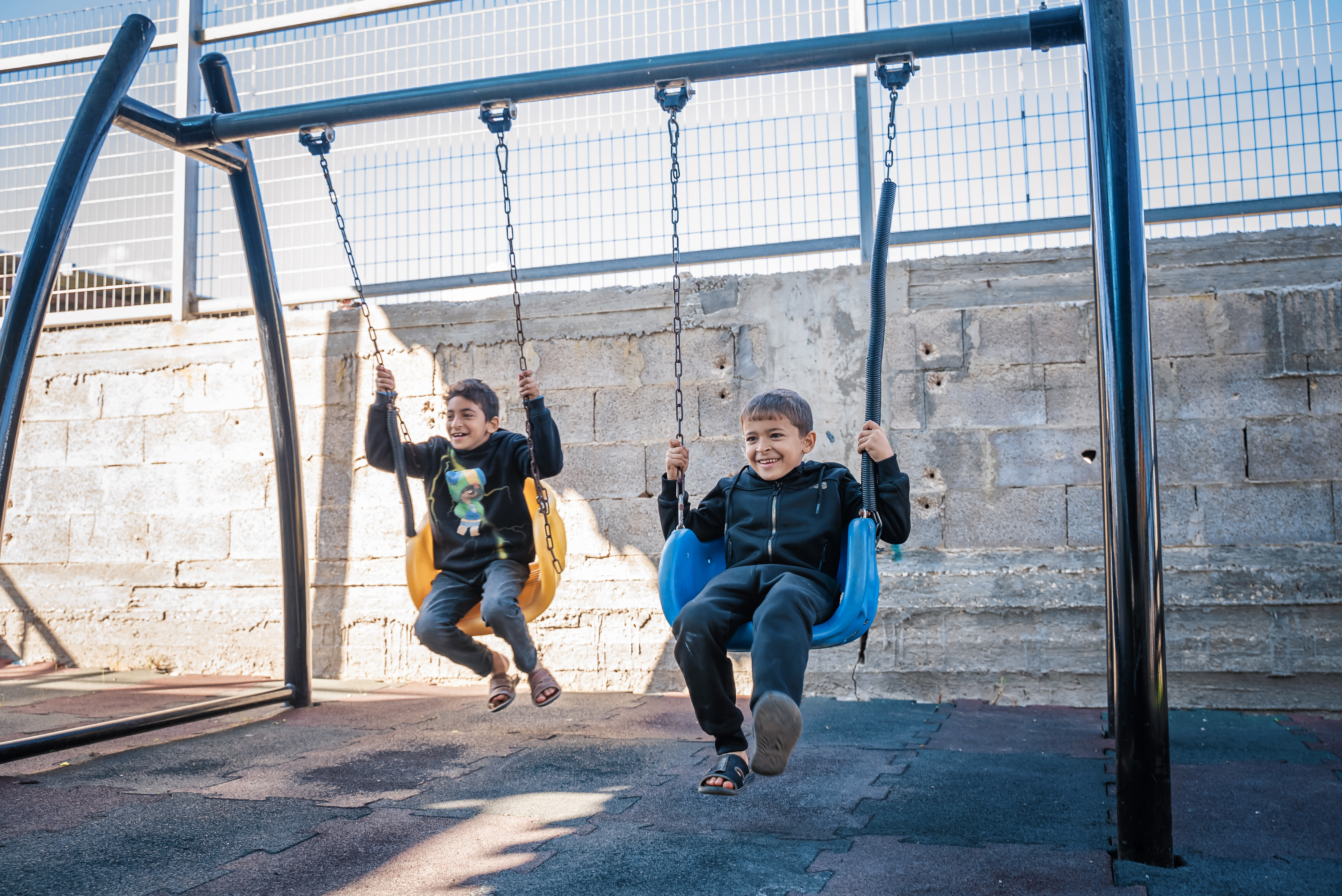Mental Health Crisis: World Vision International and Juzoor Mark Two Years of Impactful Mental Health Interventions in the West Bank

Marking two years of impactful collaboration, World Vision International and Juzoor for Health and Social Development are calling for renewed efforts to address the escalating mental health crisis affecting Palestinian children in the West Bank. The call comes amid intensifying violence and deepening humanitarian challenges that have severely impacted children's well-being.
Since early 2022, violence in the region has escalated sharply, with the situation deteriorating further after October 2023. School closures, restricted movement, and a deepening economic crisis have placed children under chronic stress, posing serious risks to their long-term mental health. A recent World Vision survey revealed that 27% of households reported at least one child developing new behavioural issues—such as acting out or regressing—since October 2023.
In response, the two organizations launched the *Enhanced Access to MHPSS Services for Vulnerable Communities in Areas C and B in the West Bank* project. Funded by the German Federal Ministry for Economic Cooperation and Development (BMZ), the initiative delivers community-based Mental Health and Psychosocial Support (MHPSS) to children and families affected by trauma, promoting healing and resilience.
The project uses evidence-based psychosocial interventions tailored to different age groups to ensure an inclusive and holistic approach. Caregivers and adults receive support through three targeted interventions: Positive Discipline in Everyday Parenting, Self Help Plus, and Group Problem Management Plus. For children, the program provides two age-specific mental health approaches (such as I Support My Friend and Early Adolescent Skills for Emotions ) alongside the rehabilitation of safe play areas.
To date, the project has directly supported over 4,300 caregivers and more than 4,600 children.
“Our MHPSS project is making a profound difference by addressing mental health and psychosocial needs at the community level—even amid widespread violence and humanitarian strain,” said Omar Bandak, World Vision Project Coordinator. “By offering accessible, culturally sensitive support, we empower children and caregivers to build resilience and care for one another.”
To promote sustainability, the project has established 27 community support groups with a total of 376 active members, fostering long-term community resilience and ownership.
“Mental health is a human right,” emphasized a spokesperson from Juzoor. “Through this project, we’re not only addressing trauma, but also laying the foundation for lasting community well-being and resilience.”

Monitoring data underscores the project’s effectiveness:
24% reduction in psychological distress
58% improvement in daily functioning
34% increase in caregivers’ coping abilities
9% reduction in mental health stigma
32% decrease in psychological morbidity among children
8% reduction in somatic symptoms in children

However, these gains come as the humanitarian situation in the West Bank continues to deteriorate. In January 2025, major military operations in the northern West Bank displaced nearly 45,000 people. Refugee camps—some of the most densely populated areas—have been heavily affected, with severe damage to civilian infrastructure and restricted access to essential services, including healthcare, education, electricity, and clean water. A World Vision survey also found that three in four households now live below the deep poverty line, unable to meet their most basic needs.
“The impact of this project shows that our approach works. But the needs are immense and growing,” concluded Omar Bandak. “We are committed to scaling up our efforts to support Palestinian children. It’s the least they deserve in these incredibly difficult times.”
